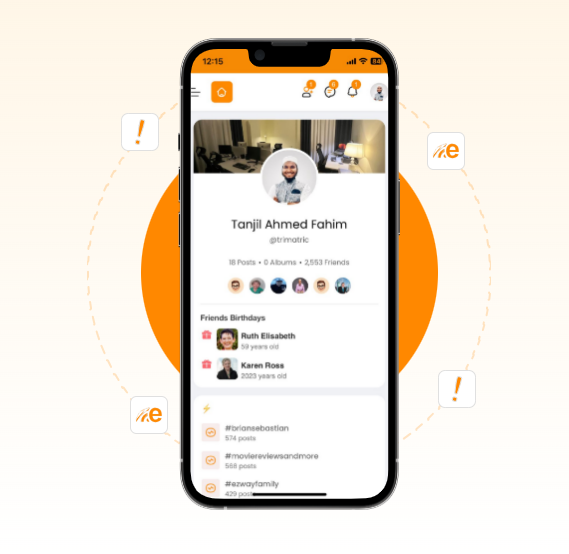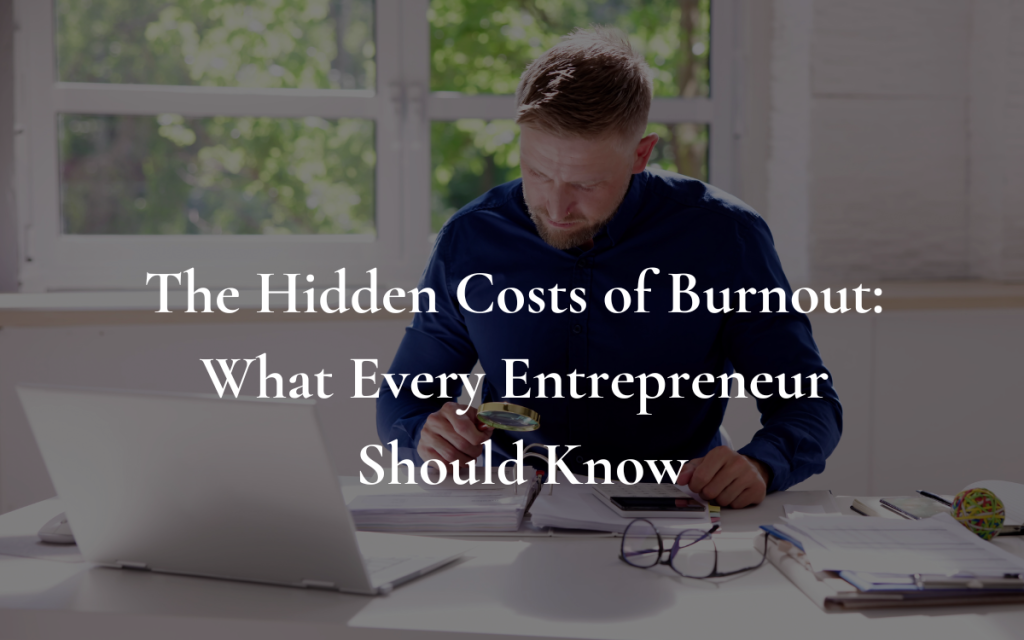Once upon a time there was an everyday girl with big dreams and an indomitable spirit. Her journey into entrepreneurship wasn’t a planned one; it was born out of necessity and desperation.
Severe health problems made it impossible to keep a job, leaving her unable to maintain regular employment. As her health deteriorated, she found herself going from one job interview to another, armed with a list of requirements she needed employers to meet to accommodate her condition.
Most employers were taken aback by her list and never called her back. At her last job interview, after she went through her list, the employer sat back and, after a long silence, said, “You don’t need a job.”
She was dumbfounded. She hadn’t held a job for almost a year, and the three years prior were marked by struggles to keep a job for more than a few months at a time.
She didn’t just need a job; she was desperate for one. “I’m sorry, but what do you mean, I don’t need a job?” she asked.
The employer replied, “You don’t need a job. What you need is to start your own business. Then you would be able to give yourself the time you need.”
Initially thinking he was being insulting, she thanked him for his advice and left, but the idea stuck with her.
Despite not knowing anything about business, she spent every waking moment learning how to start and run one, all while dealing with her health issues.
Her inability to work was a constant source of tension with her then-husband, who refused to accept her health conditions despite multiple doctor visits. She adopted the hustle culture mindset, believing that working harder and longer would solve her problems.
But as the years passed, it led to a divorce and a further decline in her health.
The Illusion of Productivity
In her quest to succeed, she fell into the trap of spending countless hours on a variety of tasks, often without completing any of them.
The things she did finish didn’t necessarily move the needle in meaningful ways.
The hustle culture had convinced her that being busy was synonymous with being productive. But in reality, she was spinning her wheels, unable to make significant forward progress.
The Need to Feel Accomplished
She felt the constant need to do more and more to feel validated and worthy of her “success.” This need was fueled by the hustle culture’s mantra that more hours worked equals more value.
But this relentless drive came at a high cost: her health continued to deteriorate, and her personal life suffered even more.
The False Success and Imposter Syndrome
Despite achieving some level of success, she struggled with imposter syndrome. She didn’t feel worthy of the results she was generating and lived in constant fear of being “found out.”
This insecurity drove her to work even harder, creating a vicious cycle that was slowly but surely burning her out.
The girl in this story is me.
Conclusion
While this is a reader’s digest version of my full story, it serves as a cautionary tale for every entrepreneur who thinks working longer or harder is the way to success.
The hustle culture may promise success through hard work and long hours, but the hidden costs are often overlooked. Burnout can strip you of your health, your happiness, and your sense of accomplishment.
Take a moment to analyze your situation.
Are you caught in the hustle culture?
Are you sacrificing your well-being for the illusion of productivity and success?
If so, it’s not too late to change. You can reach out for support and guidance to learn how to work smarter, not harder.
Prioritize your health and well-being, and remember that true success is measured not by the hours you work, but by the quality of your life and the sustainability of your achievements.
In the meantime, follow for more content on how to thrive by working less.
And Stay Quantum,
Christina M Allen

































